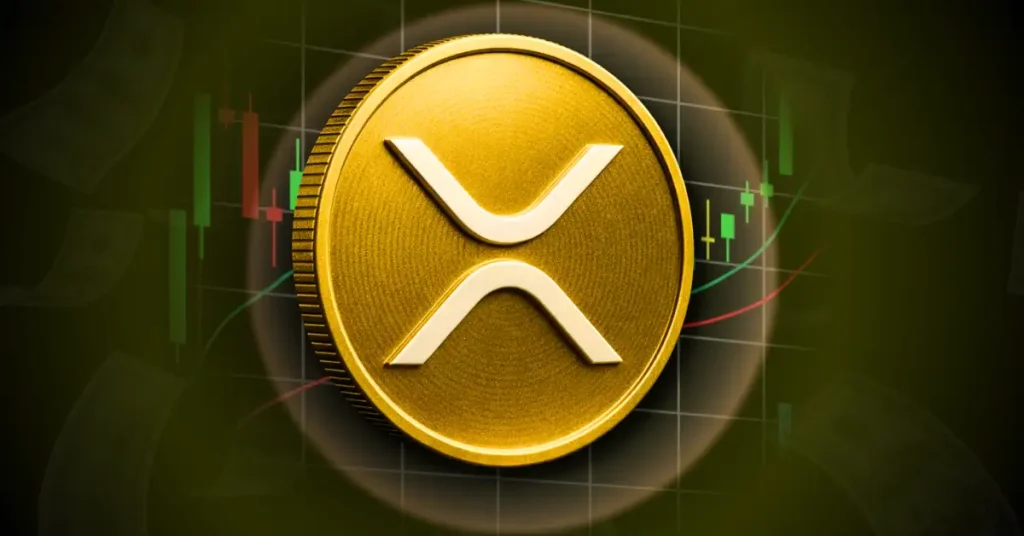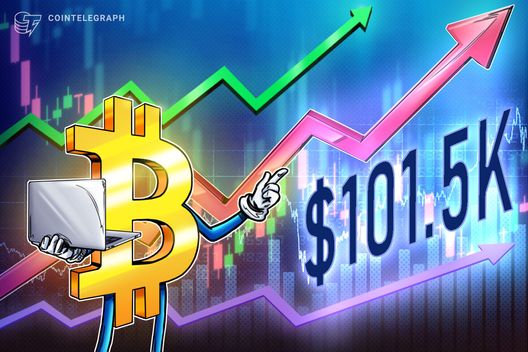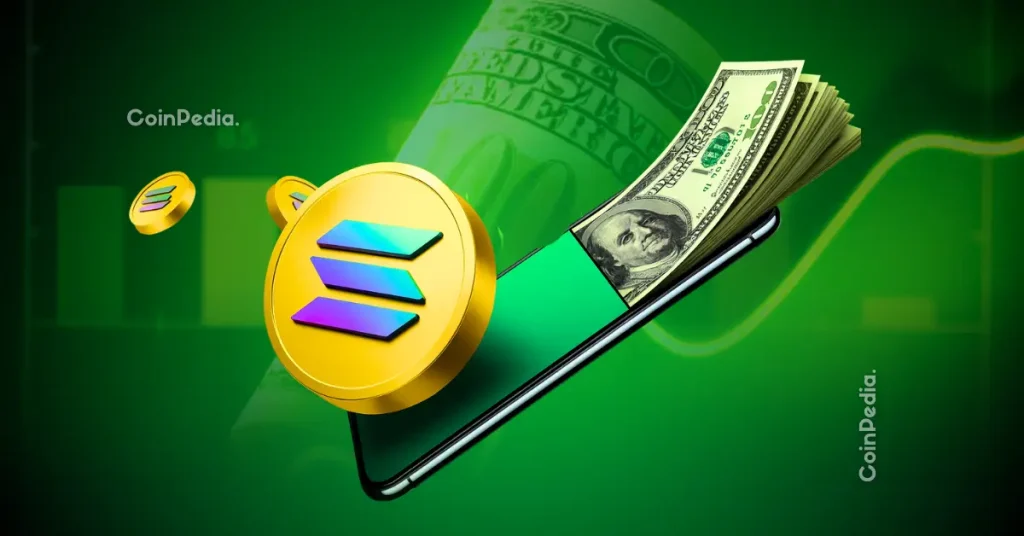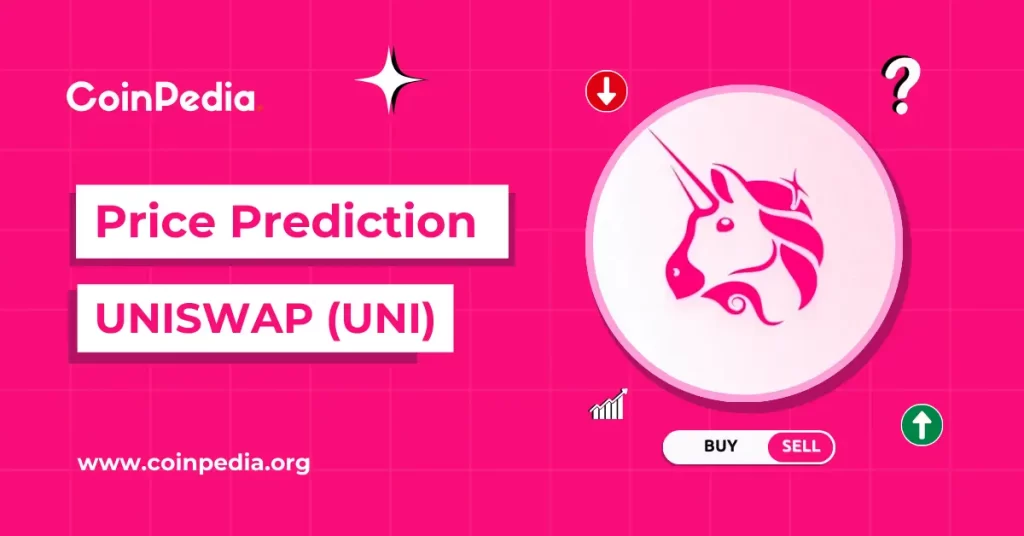Macroeconomic factors continue to hold the attention of cryptocurrency investors as they navigate markets influenced by economic data. The University of Michigan’s Consumer Sentiment Index for September 2025 offers critical insights into the current economic climate that could significantly shape the broader financial and cryptocurrency markets.
What Does the Inflation Forecast Reveal?
The report delves into various aspects like consumer habits, sentiment, and future expectations. Given its low margin of error, the results are noteworthy. While inflation shows modest increases, employment prospects display slight optimism pending confirmation in the following week. Alarmingly, the Consumer Sentiment Index declined to 55.1 from 58.2 in August, and half of the respondents reported adverse financial impacts from elevated prices. Immediate inflation expectations dropped to 4.7%, yet the long-term forecast increased to 3.7%, exceeding the 2% target.
How Do Different Groups Interpret the Report?
Joanne Hsu, leading the Consumer Surveys, verified the data but pointed to a 5% decrease relative to August, emphasizing insights from April and May. Despite intensified tariff talks during these months, the overall consumer outlook didn’t plummet, indicating the report isn’t among the year’s worst economic assessments.
The mild decline touched diverse demographic segments spanning age, income, and education, with all five key index components registering a decrease. Interestingly, those with significant equity holdings exhibited steady confidence compared to those with minimal or no equity exposure, who experienced dips in their economic outlook.
The sentiment saw a rise among Democrats but fell by 9% for independents and 4% for Republicans. Nationally, expectations about labor markets and business environments have dropped, coupled with a less favorable outlook on personal incomes and financial health.
High prices continue to frustrate, with 44% of consumers feeling their finances are adversely affected. Interviews highlight pressure from potential inflation spikes and softened job markets.
Year-end inflation expectations nudged down by only 0.1% to 4.8%, reflecting cautious optimism among consumers regarding employment advancements.
The September report from the University of Michigan paints a mixed picture for economic indicators, suggesting that while inflation worries loom, certain areas such as employment show potential for gradual improvement encouraging some optimism among consumers.
Disclaimer: The information contained in this article does not constitute investment advice. Investors should be aware that cryptocurrencies carry high volatility and therefore risk, and should conduct their own research.
















 English (US)
English (US)